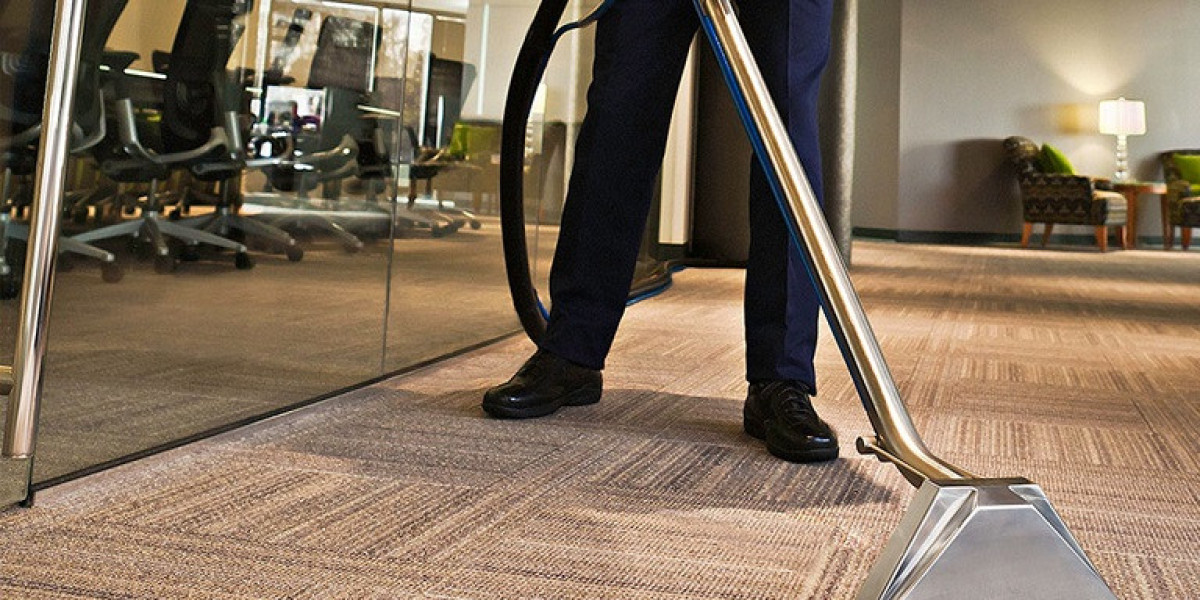The Integrated Cooker: A Comprehensive Guide to Modern Cooking Solutions
The development of kitchen appliances has reinvented food preparation and cooking techniques, making meal preparation more effective and pleasurable. Amongst these developments, the integrated cooker stands apart as a versatile and space-saving addition to modern kitchen areas. This article explores the different aspects of integrated cookers, consisting of types, advantages, functions, and a comparison with standard cooking approaches.
What is an Integrated Cooker?
An integrated cooker is a compact cooking home appliance that integrates several cooking functions into one system. Often built in oven uk into kitchen cabinetry, these cookers are developed to conserve space while boosting kitchen looks. They generally incorporate a range of performances, such as baking, grilling, steaming, and even pressure cooking.
Key Features of Integrated Cookers
- Multi-Functionality: Integrated cookers can perform numerous cooking jobs, eliminating the need for numerous appliances.
- Space-Saving Design: These cookers fit perfectly into kitchen units, making them ideal for modern homes with limited space.
- Advanced Technology: Many integrated cookers come geared up with wise technology, such as programmable settings, touch-screen controls, and connection alternatives.
- Energy Efficiency: Built with modern-day materials and design, they typically consume less energy compared to traditional cooking methods.
Types of Integrated Cookers
The marketplace uses numerous kinds of integrated cookers, each with its unique set of functions and performances. Here are the most typical types:
| Type | Description | Example Use |
|---|---|---|
| Bosch Serie 4 Built-in Oven with 3D Hotair Ovens | Ovens that are fitted into wall units or kitchen cabinetry | Baking bread, roasting meats |
| Induction Hobs | Cooktops that use electromagnetic energy to heat pots and pans | Rapidly boiling water, sautéing |
| Steam Ovens | Appliances that prepare food utilizing steam for much healthier results | Steaming veggies, fish |
| Microwave Ovens | Integrated microwaves for quick heating and cooking | Reheating leftovers, making popcorn |
| Combination Ovens | A mix of conventional and steam cooking technologies | Baking while guaranteeing moisture retention |
Advantages of Using Integrated Cookers
Integrated cookers provide a host of advantages over traditional cooking tools. Below are a few of the key benefits:
- Space Efficiency: Ideal for compact kitchens, integrated cookers use vertical areas effectively.
- Streamlined Cooking Process: With multiple functions available, users can shift from one cooking method to another with minimal effort.
- Enhanced Aesthetics: Many integrated cookers can be found in smooth styles that mix well with contemporary kitchen decoration.
- Improved Cooking Control: Programmable features permit for accurate cooking, making sure better meal outcomes.
Integrated Cookers vs. Traditional Cooking Appliances
When thinking about meal preparation choices, it is important to weigh the benefits of integrated cookers against conventional cooking appliances. Below is a contrast chart:
| Feature | Integrated Cooker | Traditional Appliances |
|---|---|---|
| Space Efficiency | High | Lower |
| Multi-Functionality | Yes | No (needs numerous appliances) |
| Energy Consumption | Often lower | Can be greater |
| Cooking Speed | Faster (specifically with induction) | Varies |
| Style | Modern and streamlined | Differs commonly |
The integrated cooker is a forward-thinking home appliance that satisfies the needs these days's hectic lifestyle. Its multiplicity of functions, space-saving design, and smooth aesthetic appeals make it a rewarding investment for any modern kitchen.
For those looking to conserve time, space, and effort in meal preparation, integrated cookers use an exceptional solution that improves the cooking solutions experience while delivering yummy, well-prepared meals.
Often Asked Questions (FAQs)
1. What is the average rate of an integrated cooker?
The rate of electric integrated oven cookers can vary commonly, normally varying from ₤ 500 to ₤ 3,000 depending on functions, brand name, and size.
2. How much upkeep do integrated cookers require?
Upkeep often includes routine cleaning of surface areas and looking for any software updates if they feature wise technology. It's suggested to follow the manufacturer's guidelines.

3. Can I replace my existing oven with an integrated cooker?
Yes, integrated cookers can often change conventional ovens, but it is necessary to speak with a professional to make sure compatibility with your kitchen design.

4. Are integrated cookers tough to set up?
Setup can be simple for those with DIY experience. However, hiring a certified professional is recommended to make sure correct setup.
5. Who benefits most from using an integrated cooker?
Households, time-pressed individuals, and those living in built oven compact homes especially benefit from the multi-functionality and space-saving style of integrated cookers.
In this age of benefit and efficiency, integrated cookers are redefining how we approach food preparation. Whether you are an experienced chef or a cooking amateur, incorporating this powerful appliance into your kitchen with built in oven can considerably enhance your culinary experience.








